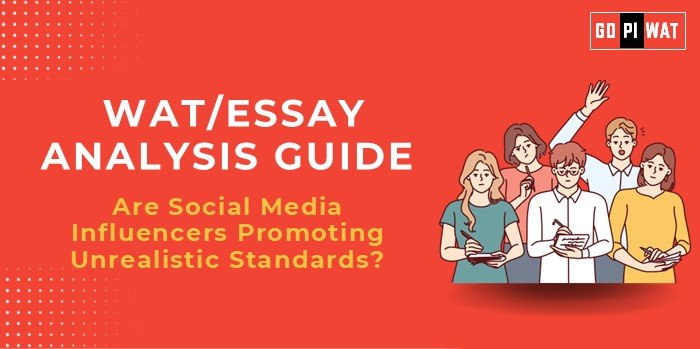📱 Are Social Media Influencers Promoting Unrealistic Standards?
🌟 Understanding the Topic’s Importance
Social media influencers play a pivotal role in modern digital marketing, shaping public perceptions and trends. While they offer opportunities for self-expression and diversity, they also propagate unrealistic standards that impact mental health and self-esteem. This topic is crucial for understanding the intersection of ethics, social responsibility, and media psychology in a marketing context.
📊 Achievements of Influencers
- 🎨 Self-Expression and Diversity: Social media provides a platform for varied representations, allowing influencers to promote personal narratives and social causes.
- 💡 Consumer Trends: Influencers inspire purchasing decisions, shaping modern consumer behavior and driving economic impact.
⚠️ Challenges of Influencer Content
- 📸 Unrealistic Standards: The frequent use of filters and editing tools creates unattainable beauty ideals, contributing to body dissatisfaction.
- 🧠 Mental Health Impact: Studies link exposure to idealized portrayals with increased anxiety, depression, and self-esteem issues, especially among younger audiences.
- 🌍 Comparative Analysis: Norway’s transparency law requiring disclosures of edited photos highlights how regulatory efforts can address these challenges.
🔮 Future Outlook
- 📜 Regulatory Trends: Global efforts, such as Norway’s laws, indicate a shift towards requiring influencers to disclose edited content, setting ethical precedents.
- 🤝 Evolving Ethics: Influencers are increasingly adopting authentic content strategies to resonate with audiences and reduce negative psychological impacts.
⚖️ Balanced Perspective
While influencers inspire and drive positive trends, their portrayal of idealized lifestyles and appearances can alienate and harm audiences. A balance between aspiration and authenticity, supported by regulatory measures and ethical content creation, is crucial for a healthier social media ecosystem.
💡 Recommendations for Sustainable Progress
- 📖 Platform Transparency Policies: Social media platforms should enforce guidelines requiring clear disclosures for edited or sponsored content.
- 🎓 Media Literacy Education: Implement educational initiatives to promote awareness about media influence, body positivity, and mental health resilience.
📄 Conclusion
Social media influencers hold immense power to shape societal standards. While their contributions to marketing and self-expression are commendable, addressing the psychological risks of unrealistic portrayals is essential. Combining ethical practices, platform regulations, and educational initiatives can help create a more inclusive and empowering digital space.
📄 Source: WAT/Essay Analysis Guide, 2024


